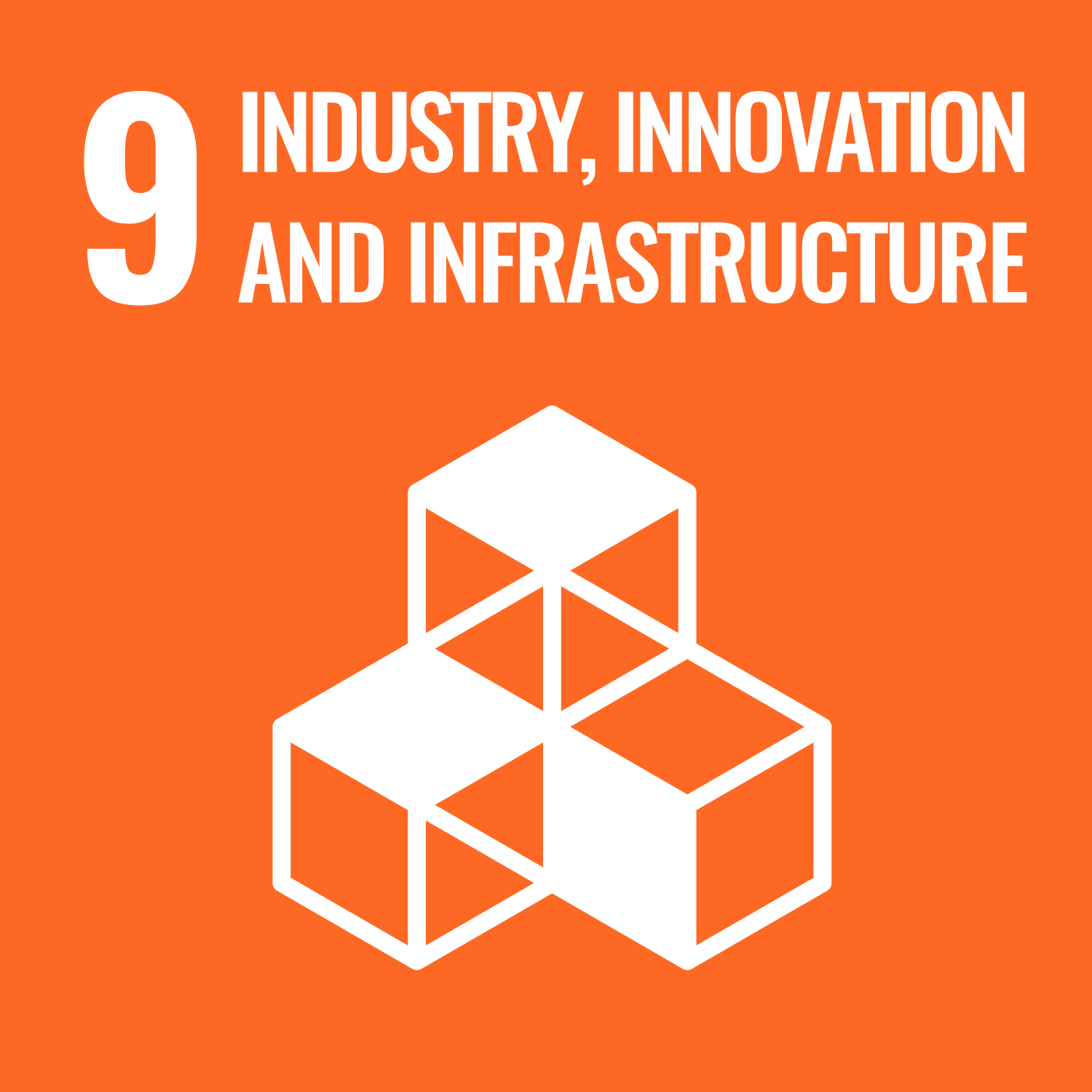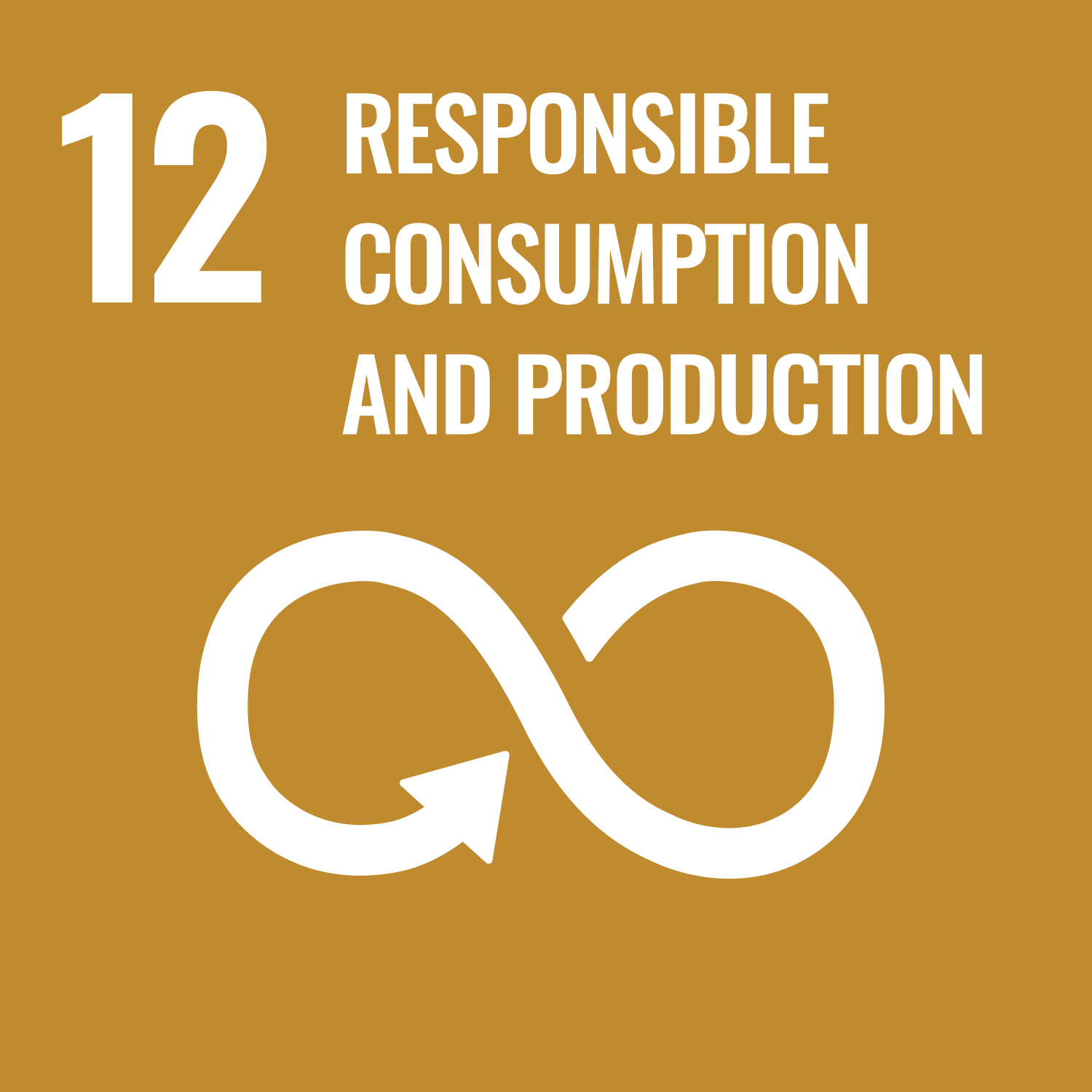ORCID
- John Summerscales: 0000-0002-3557-0404
- Indraneel Chowdhury: 0000-0001-5895-3611
- Jasper Graham-Jones: 0000-0003-3081-7049
- Maozhou Meng: 0000-0001-6138-9433
- Badr Moutik: 0000-0002-6785-1518
Abstract
The Activity Description in the bid document said:“Eco impact of biocomposites studied will be analysed through Life Cycle Analysis for which standard software (SimaPro) is available.Since only demonstrators are produced under pilot conditions, and no real industrial end products are produced a full LCA will not be possible or makes little sense. Instead we will concentrate on the main differences between the used ingredients and the newly developed production routes, extrapolating how the upscaling and will further optimize production conditions. So differences between LCA for natural fibres and glass fibres, for biopolymers and bioresins or oil-based plastics, injection moulding versus layer by layer deposition, … .Further the improved recycling potential as well as durability and ecotoxicity impacts are taken into account”.The SimaPro software, and ecoinvent life cycle inventory (LCI) database, were acquired and first used for this project. However, the LCI data has now been identified to not be as robust as should be expected from commercial product. In particular while the functional unit is clear, the goal and scope, and the system boundary are inadequate to provide confidence in any results generated. In consequence, the authors caution that any results in this report are qualitative. In particular, cross-comparisons between different material systems are unlikely to be valid.There was an intention to use a 5G telecommunications dome as a demonstrator component. The commercial component is rotomoulded polyolefin. The infused component would be flax fibre reinforcement in a variety of resins. In order to realise the bio-based product, where the matrix would be poly(lactide) processed at >120°C, a high-performance mould tool is required (which could be used for all matrix systems). In the event, the company contracted to produce the tool encountered a series of technical and supply chain issues which delayed the delivery of the tool beyond the end date of the Work Package.
Publication Date
2023-02-28
Volume
SeaBioComp D3.5.2
Publisher
University of Plymouth
Funding
Interreg 2 Seas Mers Zeeën program 2014–2020 co-funded by the European Regional Development Fund under subsidy contract No. 2S06-006
Keywords
acrylic, biocomposites, lactide, LCA, Life Cycle Assessment
Recommended Citation
Summerscales, J., Chowdhury, I., Geraghty, R., Graham-Jones, J., Meng, M., Moutik, B., Pemberton, R., Vance, L., & Yu, N. (2023) 'SeaBioComp D.3.5.2 Life Cycle Assessment (LCA) for the different biocomposites production routes', University of Plymouth: Retrieved from https://pearl.plymouth.ac.uk/secam-research/1332



